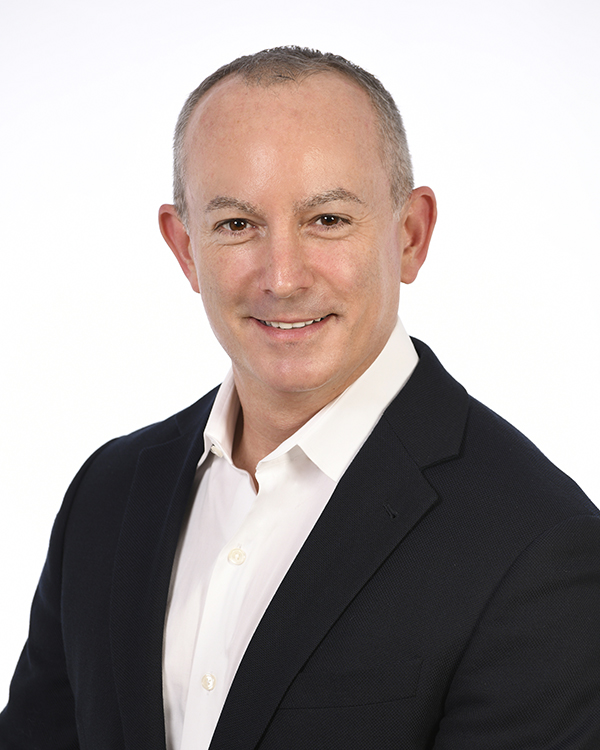BIC - December 2016
By: Shawn M. Galloway
Printable Version
Focusing on safety culture appears to be the next battle to win. It is not. It is the reason you are in the fight in the first place. It took years to create the culture you have today, and change doesn't happen overnight, nor can it be outsourced to an external entity.
Culture is what is common among a group of people. Unless you are starting a company on day one - bringing a group of peers together for the first time - common elements are, well, already common. As individuals begin to work together, unwritten rules of how things are accomplished and how to get ahead become apparent based on direct experiences and stories shared by co-workers. Excellent, good or bad, a safety culture has formed.
A new hire into an established organization, regardless of expressed consequences, cannot be expected to immediately understand, appreciate and comply with all the written rules, policies and procedures. This is reality. During onboarding, training and education should occur, coupled with reinforcement of these expectations by their colleagues. As a reinforcer, there should be a timely and consistent balance of consequences for desired and undesired behaviors that, over time, normalize these individuals into "the way we do things around here." Cultures are a powerful force.
Cultures are also organic. They grow on their own. Although they tend to resist forced change, they do accept and change on their own all the time. The evolution of culture eventually occurs with every corporation, influenced externally and internally as new ways of thinking transform what is valued and how beliefs are acted upon. Though the term "safety culture" is a relatively new concept, its impact on corporations, their strategies and results has always been present.
Culture will always be an important consideration, whether for a brand new company with only a goal to make sure "no one gets hurt" or a corporation long on the journey to safety excellence, with mature safety management systems and a comprehensive multiyear strategic framework. Whether your current focus is meeting basic compliance or becoming the best in your industry in safety performance, you have to align your injury and incident prevention tactics with a culture that will reinforce the efforts in the absence of leaders and sustain gains without formal prompting.
To accomplish this alignment, don't start by assessing your current culture. Rather, begin by crafting a desired future state. If you had a culture of safety excellence, what would it look like? What would the common beliefs, knowledge, expectations, behaviors, experiences and stories be? What would your results be and why? Only then can you effectively assess the current state. Otherwise, it won't be apparent which gaps to fill or desired commonalities to reinforce.
Achieving a culture of safety excellence occurs when desired beliefs are reinforced at or near the point of decision almost automatically. An employee will expect a certain outcome for taking a desired safety action or putting themselves at risk. When that experience occurs, it will influence the storytelling throughout the workforce that affects future decisions. Programs, speakers and other interventions can certainly challenge the status quo, add new ideas and contribute to the direction of change. True sustainable improvement, however, comes from leaders at all levels purposefully leading.
If you want a culture of safety excellence, don't start your search for a program. Begin first by answering these questions: What would be common when I have a culture of safety excellence in my work area? What am I doing to get us closer to this, and what am I doing to hinder our progress? Everyone is part of the culture and everyone is responsible for improving it.

Shawn M. Galloway is the CEO of ProAct Safety and an advisor to leading organizations across all major industries. With over twenty years of experience in safety systems, strategy, culture, leadership, and employee engagement, he is a trusted advisor, keynote speaker, and expert witness.
He is the author of several bestselling books and has multiple regular columns in leading magazines, with over 400 articles and 100 videos to his credit. He also created the first safety podcast, Safety Culture Excellence, with over 800 episodes. Shawn has received numerous prestigious accolades and has been featured in Power 101 Leaders of the EHS World, Top 50 People Who Most Influenced EHS, Top 40 Rising Stars, Top 11 Health and Safety Influencers, and Top 10 Speakers.
He serves on the Harvard Business Review Advisory Council and the Fast Company Executive Board. He has appeared as a guest on Bloomberg, Fox News, The Daily Mail, Dubai One, U.S. News & World Report, Sirius Business Radio, Wharton Business Daily, and leading safety magazines and podcasts, reinforcing his status as an authority in the field of safety excellence.
For more information, call +1.936.273.8700 or email info@ProActSafety.com.
